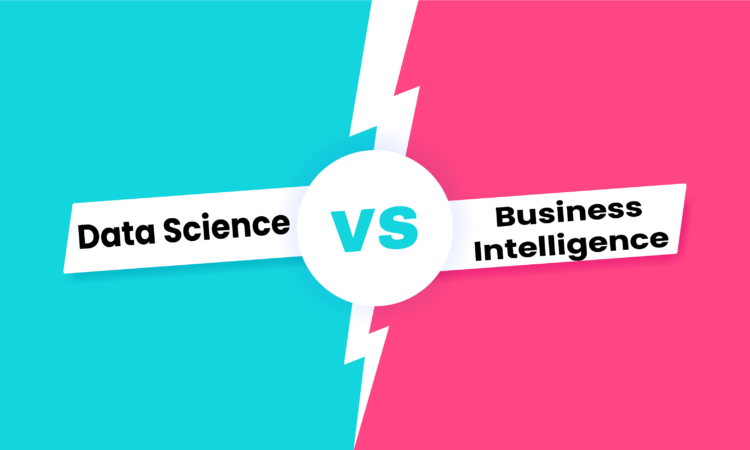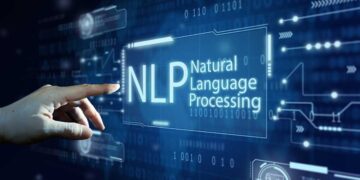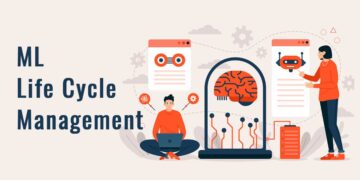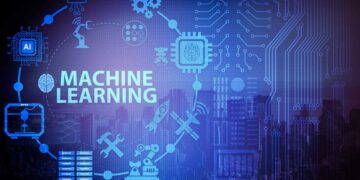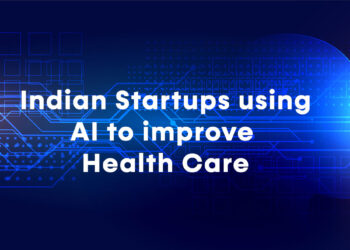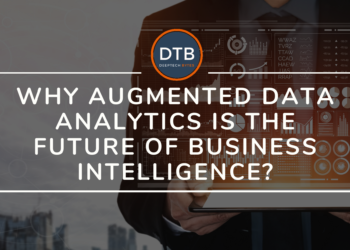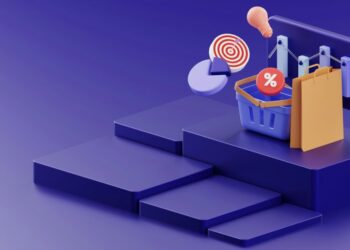First, let’s understand the meaning of the two terms: Data Science vs. Business Intelligence.
Characterizing the terms information science and business knowledge – and the connection between them – has been the subject of warmed discussion for quite some time. Albeit these terms are connected, neglecting to handle the different and particular ideas driving them can have tremendous outcomes.
Read More:- Emerging Artificial Intelligence And Machine Learning Trends
Overview of Data Science
Data science is basically a field in which information and knowledge are extracted from the data using various scientific methods, algorithms, and processes.
It can thus be defined as a combination of various mathematical tools, algorithms, statistics, and machine learning techniques used to find the hidden patterns and insights from the data, which helps in the decision-making process.
Data science deals with both structured as well as unstructured data. It is related to both data mining and big data. Data science involves studying historical trends and using its conclusions to redefine present trends and predict future trends.
Overview of Business Intelligence
Business intelligence(BI) is basically a set of technologies, applications, and processes used by enterprises for business data analysis.
It is basically used to convert raw data into meaningful information, thus used for business decision-making and profitable actions.
It deals with analyzing structured and sometimes unstructured data, which paves the way for new and profitable business opportunities. It supports decision-making based on facts rather than assumption-based decision-making. Thus, it has a direct impact on the business decisions of an enterprise.
Business intelligence tools enhance the chances of an enterprise entering a new market and help in studying the impact of marketing efforts.
Read More:- Indian Women leading in Artificial Intelligence
Data Science vs. Business Intelligence – know the difference.
After understanding the meanings of the two terms clearly, it’s essential to understand the difference between them.
Both Data Science and Business intelligence streams are analytical & information-centric. Still, the levels of insight value make a difference. Data science provides matured & futuristic insights. That’s the reason data science is said as an evolution from Business intelligence.
Below is the difference between Data Science and Business Intelligence are as follows-
Business Intelligence
Generic Steps:
a. Set a business outcome to improve.
b. Bring data into good shape.
c. Decide from various datasets which will be the most relevant one.
d. Design KPI’s, reports, dashboards to give an excellent visualization.
Complexity:
Simpler.
Role:
BI is about arranging the dataset, extracting useful information, and visualizing it to a dashboard.
Technology:
BI is about answering questions through dashboarding, which could be difficult answering it through excel. BI helps to find a relationship between various variables and periods. It enables executives to make business decisions.
Usage:
BI helps companies do root cause analysis on some failure or know its present situation.
Career Skills:
BI requires less qualification as compared to data scientists. The primary skills required are data extraction tools and visualization tools like Tableau, QlikView, Watson Analytics, etc.
Till now, many reporting tasks and BI happens through excel.
Evolution:
Business intelligence is there for a long time, but previously with only excellence. Now in a market, great tools are available to better view the same with better capabilities.
Process:
Business Intelligence is static in nature. Experimentation has less scope in this field—extraction of data, slight munging of data, and finally dashboarding.
Focus:
BI focuses on past and present.
Data and Data Science:
Siloed, warehoused. Here the tools and technologies are not enough to handle big datasets.
Consumption:
Business intelligence insights are consumed at the enterprise or department level.
Read More:- Real-World Applications Of Tableau
Data Science
Generic Steps:
a. Set a business outcome to improve or to predict.
b. Gather all possible and relevant datasets.
c. Choose an appropriate algorithm to prepare a model.
d. Evaluate the model for good accuracy.
e. Operationalize the model.
Complexity:
Higher.
Role:
Using Statistics & Mathematics on a dataset to uncover hidden patterns, analyze and forecast the upcoming situation.
Technology:
With cut-throat competition in today’s IT market, companies strive for innovation and more straightforward solutions for complex business problems. Hence more focus is on data science rather than business intelligence.
Usage:
Data science helps companies to foresee the upcoming situation. Companies can use their potential to mitigate the risk and to enhance revenue.
Career Skills:
Data science skills are more advanced. It requires Data modeling, familiarity with predictive algorithms, good knowledge of languages like R, Python, Scala. Data science is the combination of three fields: Statistics, Machine Learning, and Programming.
Evolution:
It will not be wrong to say; Data science has evolved from Business intelligence.
Process:
Data science is more towards experimentation and doing something new. Hence it is dynamic and iterative in nature.
Focus:
It focuses on the future.
Data and Data Science:
Distributed and real-time. Hadoop like technologies has evolved, and many like these are growing, which can easily handle big size datasets (e.g., => terabytes of data)
Read More:- What is Automated Machine Learning (Auto ML) ?
Consumption:
Data science insights are consumed from the enterprise level until the executive level.
Business intelligence is no doubt really a good thing for an industry to start with. But in the long run, adding a layer of data science will ultimately make it stand differently. Planning the future by making a prediction today is one of the wonders of data science. Hence Data science plays a pivotal and better role than business intelligence. Looks like, Data science in amalgamation with automation is going to redefine the future.
The bottom line is that data science vs. business intelligence is a matter of whether you need to look back (BI) or look forward (data science). BI collects data to understand events in the past. DS generates data to model events that have not yet occurred.
Knowing the difference between the practices is vital to approving or rejecting a proposed project, hiring staff with skills needed for a BI or a DS project, and architecting a data management platform that can support both. We should avoid looking at them as competing initiatives or as fads that will pass. Both data science and business intelligence are here for the long term. They will be significant differentiators for the business that harnesses its potential.

